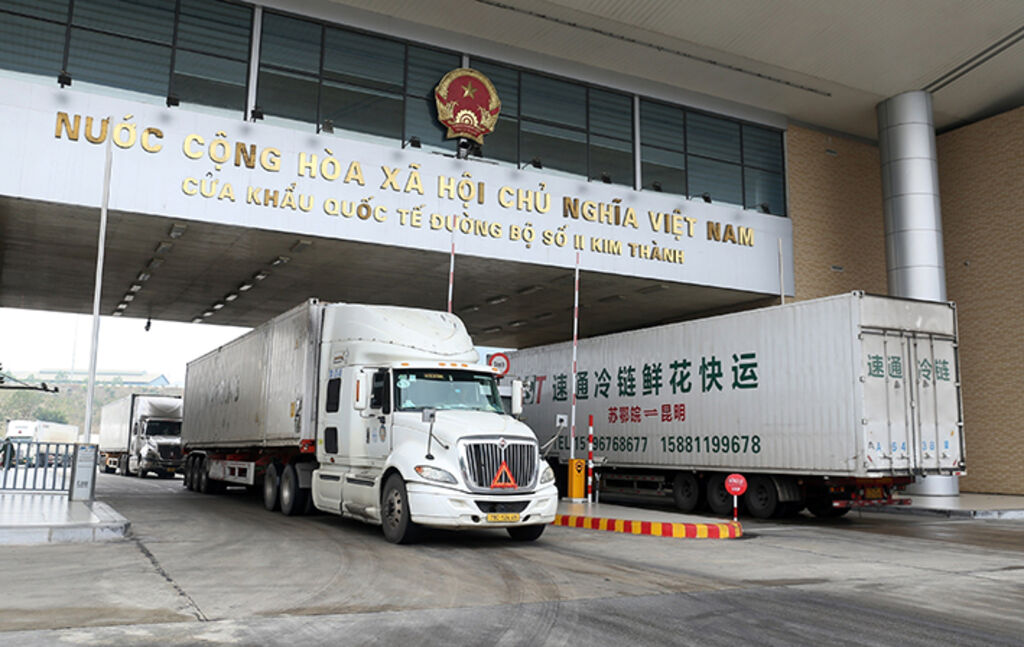 |
| Customs clearance for goods through Kim Thanh international border gate__Photo: VNA |
From 2029, only Vietnamese border residents would be allowed to engage in the trade or exchange of goods with other border residents. At the time of conducting such activities, they will be required to be physically present to complete necessary import and export procedures.
It is provided in the latest draft prepared by the Ministry of Industry and Trade to amend Decree 14 of 2018 on border trade activities.
As per the draft, border residents are defined as Vietnamese citizens who have permanent residence in communes, wards, townships or equivalent administrative areas with partial administrative boundaries coinciding with the national land borderline.
Currently, a Vietnamese border resident may enjoy duty exemption for goods traded or exchanged across the border not exceeding VND 2 million (USD 81.7) per day for at most four times per month.
However, to prevent the misuse of this provision for tax evasion purposes, the draft proposes that in 2029, the Ministry of Finance would submit a report to the Government for consideration of and decision on reducing the aforementioned thresholds.
Additionally, the draft emphasizes that all goods exported across borders would have to meet appropriate quality standards, comply with regulations on traceability, and satisfy any other applicable conditions required by the importing country.
From 2030, import and export procedures for goods would only be carried out at specific locations such as international border gates, main border gates (bilateral border gates) and secondary border gates or border crossings and specialized routes for transporting goods. These locations must be opened and upgraded in accordance with current laws and bilateral agreements on the export, import and exchange of goods.- (VLLF)









